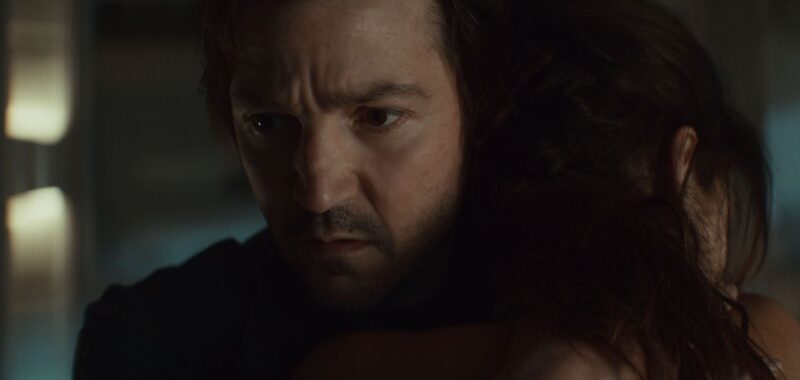This story contains spoilers for the first six episodes of Andor season two.
âEveryone has their own rebellion.â
Itâs a line that is repeated at least once or twice in the course of Andor, the Disney+ Star Wars series whose wild critical success feels like it has all but turned around a franchise whose quality control has been increasingly suspect.
Season twoâs second volley of three episodes drops today, and if anything, it reinforces what a lot of fans thought about season one: Andor remains the first (and, thus far, sole) Star Wars property clearly written by, for and about adults.
Thus far, the social-media reaction has focused on the question of just how âadultâ a Star Wars series should go, after the ending of episode three, in which Bix Caleen (Hit Man‘s Adria Arjona), whom we last saw in the previous season on Andor escaping to a new planet after being tortured by Imperial cops, is almost raped by an Imperial officer (who refers to her as an âillegalâ) who has been harassing her at her camp. She promptly beats him to death with a wrench and kills another officer before escaping with Cassian Andor (Diego Luna, cementing his place in the Star Wars history books near the names Ford, Hamill and Fisher).
The ensuing debate was vigorous. âI really didnât need Andor to retraumatize me about sexual assault,â âª@aesthr.com⬠wrote on bluesky. âWriters really need to get over the âhow do we show someoneâs evil? Weâll just have him rape a womanâ stage. Itâs needlessly cruel and just amateur craft.â
Counterpoint: âHaving a [show] where sexual violence from an imperial is explicitly called rape and match cutting to the Mothma family wedding where a young girl is being sold off shows that the creators understand how fascism is tied to misogyny and the ownership of womenâs bodies, â wrote Lady Emily âï¸ âª@ladyemily.nebula.tvâ¬
And: âI think the big issue is that George Lucasâ films rely heavily on this weird ludonarrative dissonance where sex slaves, domestic assault, child murder, and genocide are clearly present but the tone drastically offsets that,â wrote @SirSnipeyy. âAndor is just finally taking this seriously.â
While the debate about whether the threat of assault was necessary to see onscreen is valid as hell (and there is a good argument to be made that a content warning in front of the episode wouldnât have killed anyone), it canât be much clearer that Andor is not for kids.
Thus far weâve seen Death Star construction czar Orson Krennic overseeing a strategy meeting about destroying a planet in a scene that borrows heavily from Conspiracy, an excellent 2001 film about Nazis planning the Holocaust. Weâve seen common people being tossed into prison for no reason at all, the machinations necessary to get ahead in a regimented bureaucracy, prisoners being used as slave labor for a literal war machine, and the way rebellions grow, person by person, block by block, and community by community. One ongoing storyline in the first season involved the action-packed difficulties ofâ¦fundraising.

